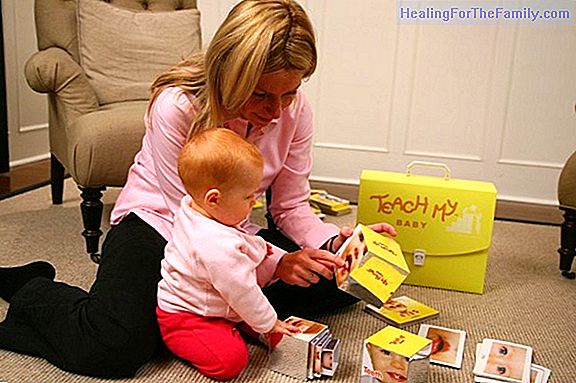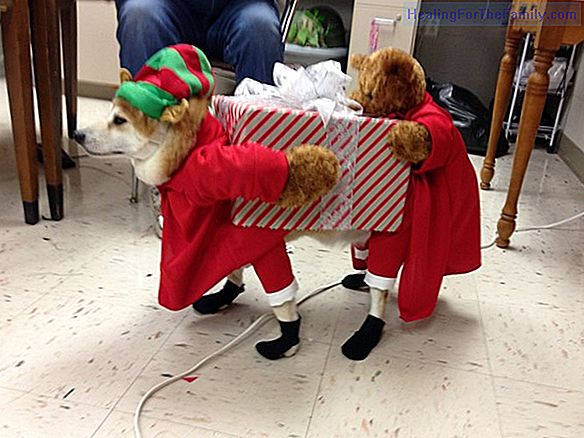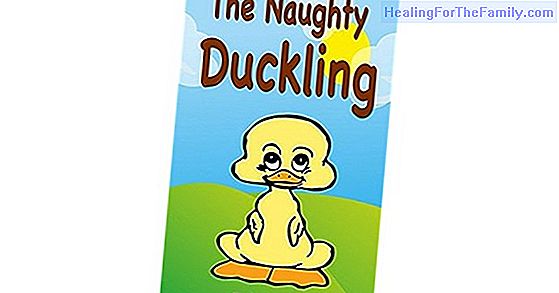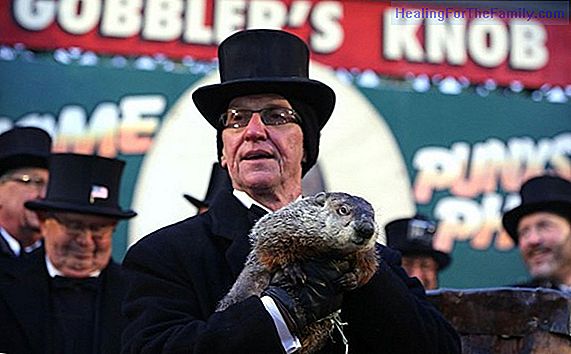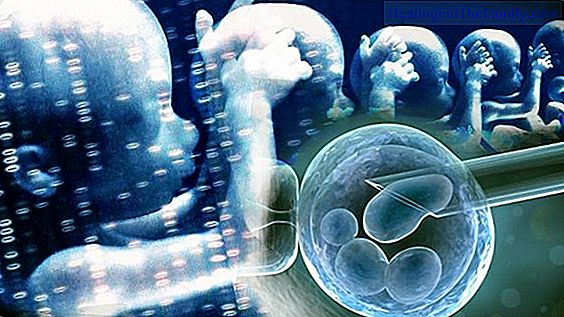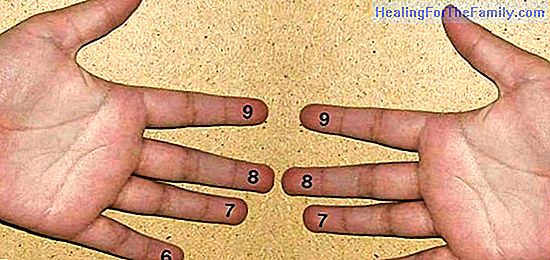Risks of delaying the time the baby begins to chew
Parents often postpone the time for babies to start chewing, mainly due to fear of choking. Other times it is for convenience, since the crushed food is much easier and cleaner, besides that we are the ones who feed the baby. However, it is a learning that babies have to do in due time, we tell you
Parents often postpone the time for babies to start chewing, mainly due to fear of choking. Other times it is for convenience, since the crushed food is much easier and cleaner, besides that we are the ones who feed the baby. However, it is a learning that babies have to do in due time, we tell you why we should notpostpone the time when the baby begins to chew
Dangers of postponing the time when the baby begins to chew
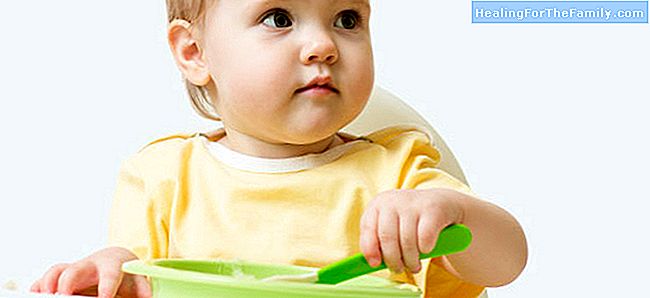
1. Risks to the teeth: When we feed a baby with puree, the puree contains very large quantities of fruits and / or vegetables with meat or fish, while if the child eats alone, the amount consumed is usually small , and this alarms us. However, we must open our eyes to an alarming problem that is emerging strongly in today's society: dentures and gums do not develop as they should.
Although it seems unimportant, nothing is further from reality. The milk denture is not permanent, that is true, but it is its formation and its correct use, in addition to the correct use of the jaw and the muscles that are in that area, which determine how the permanent denture will be. And permanent means for life.
After 6 months babies, whether or not they have teeth, are ready to learn the movement of chewing. As omnivores that we are, chewing is tremendously important, biting with the incisors to cut the bite, tearing with the fangs and crushing with the molars is the only way to ensure the correct development of both the teeth and the jaw muscles.
2. Risk of choking: When a child grows older and does not chew, it can also be a double-edged sword, since, at the beginning, we avoid the choking problems that scare us when we are babies, but as they grow up without know how to chew they also do not learn how to handle food in the mouth, and seriously increase the risk of choking. Manage food, create the food bolus, chew it, and decide when it is ready for swallowing, is a process that is learned through practice, and that, if postponed, can create inappropriate chewing habits that are precisely those that are relate to choking.
How to teach the baby to chew
- If your little one does not know how to chew because he has always eaten shreds, offer him these increasingly granulated crusts until he feels ready to offer other foods. Emp - Start by offering foods that you consider
easy to swallow pero, but that need some chewing. Ens - Teach her to chew with your exampleand use your words when you are all sitting at the table and, when you feel comfortable, continue to offer the same thing you eat or something very similar if you do not feel completely safe.
Remember that if you postpone too much this time, you do not do your child any favors but quite the opposite and, if choking scares you, bear in mind that small babies are tremendously efficient with the handling of food in their mouth, much more than when they get older.


